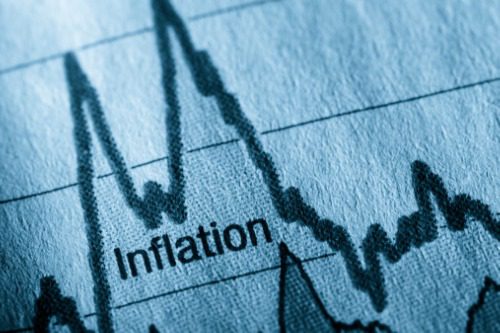Inflation driving up underinsurance, other risks in Asia

Surging inflation has a significant effect on companies’ insurance levels, as it further increases the risk of underinsurance due to out-of-date valuations.
“Prices are also rising significantly across a broad sector of industries, from the price hike of metals and cement in the construction industry to higher costs for lithium batteries and microchips in the high-tech industries, and even within the energy sector, a surge in hydrocarbon costs,” said Neil Thomas, head of claims for Asia at WTW. “In fact, there is very little that is unaffected by the global increase in inflation.”
The unprecedented price volatility for certain materials and services has led to some projects being delayed, cancelled or re-tendered and affected many businesses’ bottom lines. Companies’ insurance coverage for their assets can be subject to underinsurance, as replacement and construction costs are now higher than when the policy was purchased.
“As buyers of insurance, companies need to pay close attention to the replacement values they declare to insurers,” Thomas said. “Most insurance policies will pay for the replacement cost of goods and property lost or destroyed at current asset value but only where the replacement cost has been declared to insurers and premium paid on those values. Many companies buy insurance based on their own internal valuations and use accounting methodology to estimate values, rather than replacement values. Net book values are typically discounted calculations from the original costs and are not a true reflection of the cost to reinstate lost or damaged property at the time of the loss. Replacement valuations can also take into account other factors, such as ESG considerations or more efficient technology, when calculating replacement costs.”
Henry Dumas, director and head of Asia, forensic accounting and complex claims, at WTW, said companies must have a plan for revaluation of assets amid high inflation. Businesses must also be conservative in declaring values, in order to avoid the risk of policies not responding in the manner intended.
“The same is true for stocks of raw materials and finished goods, as well as business interruption,” Dumas said. “For the latter, up-to-date forecasts will need to be considered and any changes in the ratio of variable costs to revenue when estimating gross profit taken into account.”
WTW said that inflationary pressures are expected to remain high for the next 12 months, and the broking giant advised businesses to obtain timely and accurate replacement valuations for their assets.
“As inflationary pressures are expected to stay high during the next 12 months, we will see replacement values continue to rise to varying degrees,” Thomas said. “The tight labour market and COVID-19 restrictions that are still in place in parts of Asia, as well as the ongoing conflict between Russia and Ukraine, add to the problem and will have varying effects in different countries.”
During times of high inflation, annual valuations may not be sufficient for businesses, so these must be conducted more frequently.
“Have a careful look at the values your business has declared and if they are no longer adequate, call your risk adviser and get them corrected,” Thomas said. “This is usually a fairly simple process and once the values are declared to the insurers, the insurance company will assess the premium due based on the revised replacement values declared to them.”





